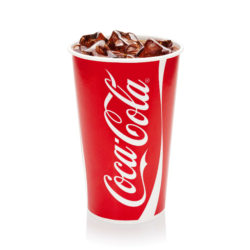 Two non-profit advocacy groups have filed a lawsuit against Coca-Cola Co. and the American Beverage Association (ABA) for allegedly deceiving consumers about the health effects of sugary beverages.
Two non-profit advocacy groups have filed a lawsuit against Coca-Cola Co. and the American Beverage Association (ABA) for allegedly deceiving consumers about the health effects of sugary beverages.
The lawsuit was filed on behalf of The Praxis Project by the Center for Science in the Public Interest and the Public Health Advocacy Institute, both consumer advocacy groups.
The groups accuse the Coca-Cola Co. and the ABA of downplaying the risks to boost sales, despite scientific evidence linking sugary beverages to obesity, diabetes and cardiovascular disease.
Specifically, the 40-page complaint claims Coca-Cola and ABA engaged in misinformation campaigns “to thwart and delay efforts of government entities to regulate sugar-sweetened beverages through warning labels, taxes and other measures designed to make consumers aware of the potential for harm.”
Praxis accuses the companies of using euphemisms such as “balance” and “calories in, calories out” to mislead consumers. It also accuses Coca- Cola, the world’s largest beverage company, of trying to mislead the public into thinking that lack of exercise was the real cause of obesity.
“Although defendants have publicly pledged allegiance to objective scientific criteria, they have instead represented falsely that sugar-sweetened beverages are not scientifically linked to obesity, diabetes, and cardiovascular disease, and have waged an aggressive campaign of disinformation about the health consequences of consuming sugar-sweetened beverages,” Praxis says in the complaint.
“The notion that Coke’s products can be part of a healthy-diet is imprinted in the minds of millions of people and requires corrective-action,” Maia Kats, the Litigation Director of the Center for Science in the Public Interest (CSPI) which helped file the lawsuit, stated.
Filed in California federal court Wednesday, the complaint cites a California law prohibiting businesses and organizations from engaging in false and misleading advertising. The complaint cites numerous examples of Coca-Cola and ABA officials making false and deceptive statements about sugar-sweetened drinks.
For example, Coca-Cola’s senior vice president, Katie Bayne, claims that “[t]here is no scientific evidence that connects sugary beverages to obesity.”
“Coca-Cola is an excellent complement to the habits of a healthy life,” said former Coca-Cola chairman and CEO Douglas Ivester. “There is no unique link between soda consumption and obesity,” claims a post on the ABA’s website.
Coca-Cola spokesman Kent Landers called the lawsuit “legally and factually meritless. We take our consumers and their health very seriously and have been on a journey to become a more credible and helpful partner in helping consumers manage their sugar consumption.”
The ABA commented that the lawsuit was “unfounded” and that the association does its part to to reduce the amount of calories and sugar from beverages by working with health groups.
In October, Coca-Cola’s Chief Operating Officer, James Quincey announced that the company has more than 200 “reformulation initiatives” to reduce added sugar in its beverages.
However, according to the lawsuit, “a 16-ounce bottle of Coke has 12 teaspoons of added sugar, a 15.2- ounce bottle of Minute Maid Cranberry Grape Juice drink has 13 teaspoons, and a 20-ounce bottle of Vitamin water has eight teaspoons of sugar.”
The American Heart Association recommends no more than nine teaspoons of sugar per day for men, and six teaspoons for women. One teaspoon of sugar has approximately 16 calories.
Among the consumer advocacy groups’ requests is an injunctive order to stop Coca-Cola and the ABA from promoting the idea that sugar-sweetened beverages are not linked to obesity, diabetes or cardiovascular disease, and require them to disclose research related to the negative effects of consuming sugary drinks.
The Praxis Project also wants Coca-Cola and the ABA to fund a “corrective public education campaign” about soda consumption, and feature the connection between health problems and soda prominently on their websites.
Praxis Project is represented by Maia Kats with the Center for Science in the Public Interest, Andrew Rainer with The Public Health Advocacy Institute, and Michael Reese with Reese LLP.
The Coca-Cola Sugary Drinks Lawsuit is The Praxis Project v. The Coca-Cola Company, et al., Case No. 3:17-cv-00016-JSC, in the U.S. District Court for the Northern District of California.
ATTORNEY ADVERTISING Top Class Actions is a Proud Member of the American Bar Association LEGAL INFORMATION IS NOT LEGAL ADVICE
Top Class Actions Legal Statement
©2008 – 2025 Top Class Actions® LLC Various Trademarks held by their respective owners This website is not intended for viewing or usage by European Union citizens.



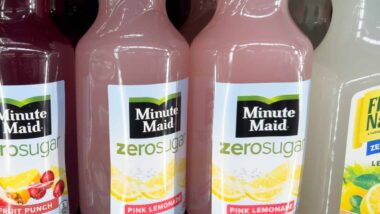
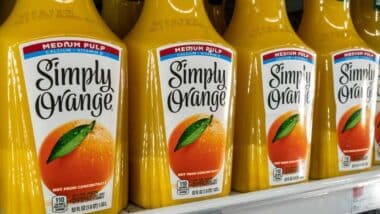
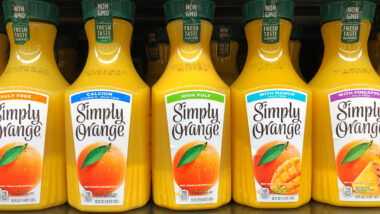
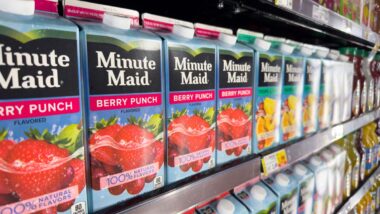
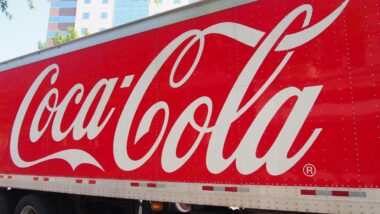
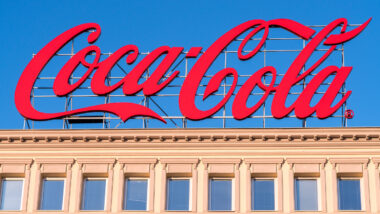
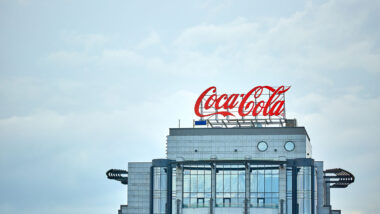
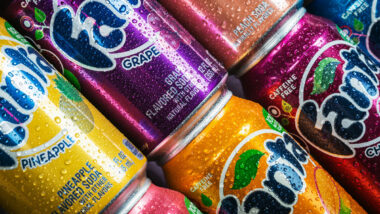
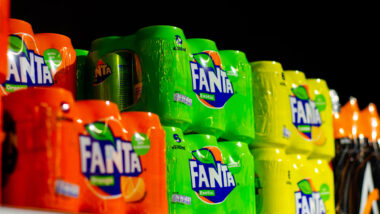

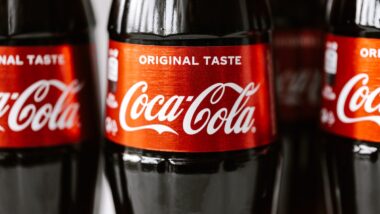
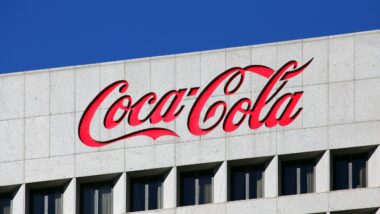
72 thoughts onCoca-Cola Downplays Health Risks of Sugary Drinks, Lawsuit Says
add me please
Add me Maxine Born
ADD ME
Add me